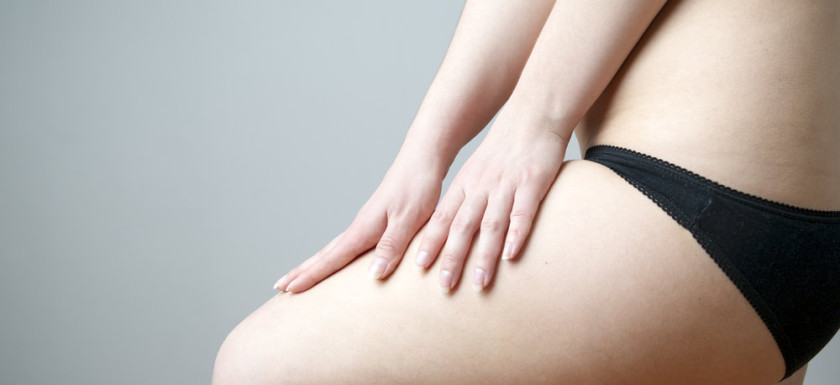
 I have been told that even as a baby, I always found a ball to kick around the house. However, I would say that I started playing soccer when I was three years old. At the time, my brother was five years old, and he was just beginning organized soccer involving team practices and games. As a typical younger sibling, I was dragged along to his activities. It was apparent that soccer was going to be the sport I would grow with, as even at an early age I possessed qualities that pointed in that direction.
I have been told that even as a baby, I always found a ball to kick around the house. However, I would say that I started playing soccer when I was three years old. At the time, my brother was five years old, and he was just beginning organized soccer involving team practices and games. As a typical younger sibling, I was dragged along to his activities. It was apparent that soccer was going to be the sport I would grow with, as even at an early age I possessed qualities that pointed in that direction.
When it was my turn to officially begin my soccer career at the age of five, the local league was coed. My team was comprised of boys and girls from my kindergarten class, neighborhood, and community. The opening game on that hot, humid day in August has been rehashed again and again. It seems like the same story has been told and re-told over the years by everyone who witnessed the action. I remember it so clearly, too.
There was a boy who had just received the ball on the other team. It was like I had fire in my eyes, steam coming out of my ears, and one mission — to win that ball. So, as fast as I could, I sprinted toward him, lunged forward, and slide tackled him. After winning the ball and headed toward goal, I turned around to find him still laid out flat on the ground. There was silence; and then I heard a loud gasp. In unison, the entire crowd watching the game expressed a combination of astonishment and surprise.
I was a tiny, petite five-year-old girl with a tenacity and determination larger than most. It felt awesome at that age. Until I turned six, and seven, and eight years old before I developed a complex. My classmates and friends referred to me as a “tomboy.” In other words, I was a girl who demonstrated unfeminine and masculine behaviors. It was not complimentary, admired, or respected. In fact, the more recognition I received from soccer, the more ammunition my peers were provided.
As I continued to thrive on the soccer field, I quickly developed the “soccer body.” The “soccer body” referred to one thing: big thighs. It was a kind way of saying, “Your thighs are muscular and disproportionate to the rest of your body.” Even though I was a short, skinny young girl, people still felt the need to comment on my athletic figure.
Then, we reached the middle school years where teenagers were down right shameless, mean, and inconsiderate. “Thunder thighs” became my new signature. But, again, in the most uncomplimentary way. Did it make others feel better about themselves? Were they intimidated by my strengths? Or my ability on the field?
Regardless of the reason, my complex began altering my way of practicing. In gym class, I stopped running hard, I tried to lose games, and I purposely lagged behind. I felt it was necessary to change since it obviously was not attractive to be an athletic, fast, and strong girl.
It took me years to overcome that complex; to appreciate my body for what it has done for me. I, also, had large feet for my five foot one inch stature. You better believe people had the nerve to comment on that, too. But, without those large feet, I may not have been as good at soccer. And, without my strong thighs, I would never have achieved what I did on the soccer field.
I am human. I was a girl, and am now a woman. And, still to this day, I catch myself admiring what the media portrays as the perfect body — women with feminine, thin, and attractive figures. I have to remind myself of one thing — I was given this body to do things that others were not able to do.
I recently read a powerful article, Under Ali Krieger’s Uniform, in ESPN The Magazine Body Issue. It was about United States Women’s National Team defender, Ali Krieger. Ali just won a World Cup championship in July. When interviewed, she stated, “Everyone makes fun of my calves. They are so big. I don’t really even like them, I don’t really want them as big as they are, but I have no choice. In college, girls would come up to me: ‘I want your calves.’ It just makes me laugh. I guess people pay a lot of money to have the types of bodies athletes have. My thighs too; I feel like I have big thighs. My brother was always like, ‘Yeah, I want big thighs! Big thighs are awesome!’ And I’m like, ‘Yeah, for a man!’ But I’ve trained since I was 6 years old to play soccer, and this is just the type of body I have. I’m proud of my thighs because they’ve gotten me to where I am today and give me the power that I have to play my best.”
And I completely agree with Ali Krieger. She stated it perfectly!